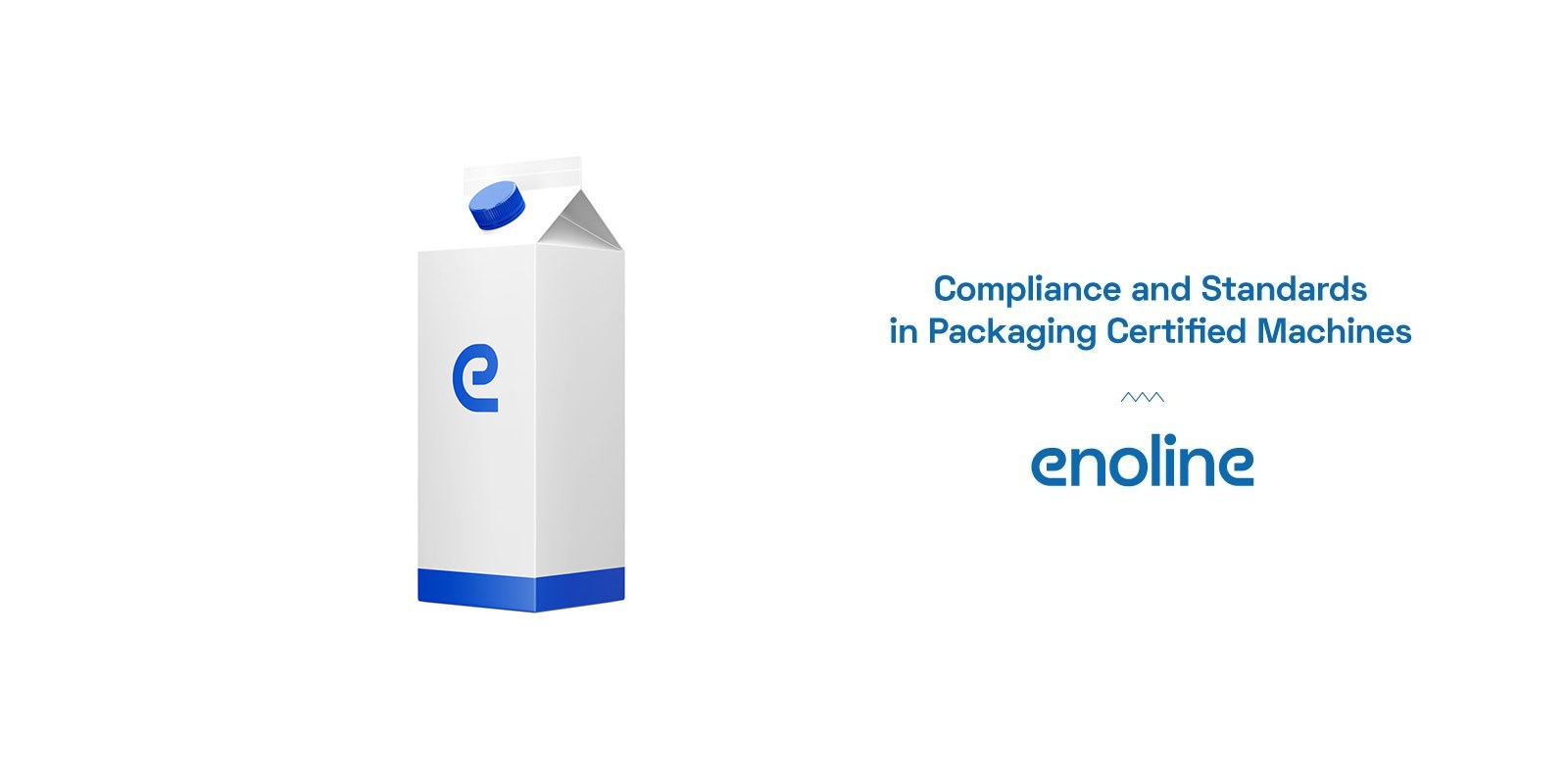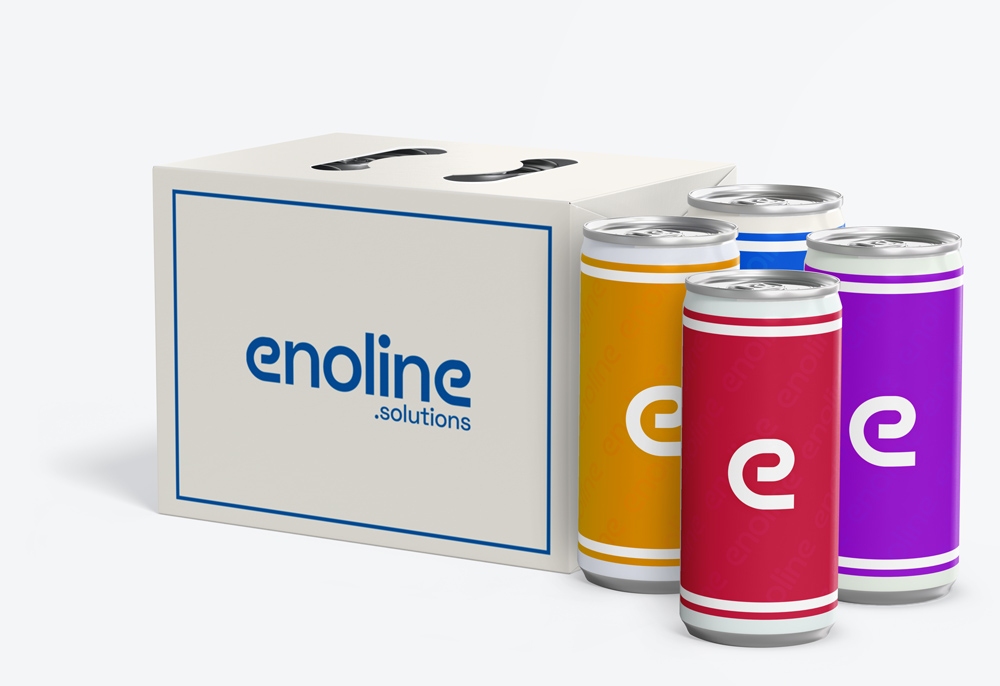August 21st
Compliance and Standards in Packaging: Certified Machines

Ensuring compliance with industry standards and safety regulations is crucial for packaging operations. Certified packaging machines not only meet specific regulatory requirements but also guarantee quality, safety, and reliability. This article explores how our machines adhere to industry standards and the importance of safety certifications in packaging.
Meeting Industry Standards with Certified Packaging Machines
1. Understanding Industry Standards and Regulations
Packaging machines must comply with various industry standards and regulations to ensure safety, efficiency, and product quality. These standards can vary depending on the industry, including food and beverage, pharmaceuticals, and consumer goods. Compliance with these regulations helps in: - Ensuring Product Safety: Adhering to standards ensures that products are packaged in a way that maintains their safety and quality.
- Meeting Legal Requirements: Compliance with industry regulations helps avoid legal issues and potential fines.
- Enhancing Consumer Trust: Certified machines provide reassurance to customers that their products are packaged using reliable and safe equipment.
2. Certification for Packaging Machines
Packaging machines often need to meet certifications relevant to specific industries: - Food Safety Certifications: For food packaging, machines must comply with standards such as HACCP (Hazard Analysis and Critical Control Points) and FDA regulations to ensure the safety and hygiene of food products.
- Pharmaceutical Certifications: In the pharmaceutical industry, compliance with GMP (Good Manufacturing Practice) and ISO 13485 ensures that packaging processes meet stringent quality and safety requirements.
- Consumer Goods Standards: Packaging machines for consumer goods must adhere to general safety and quality standards, such as those set by ASTM (American Society for Testing and Materials).
3. Benefits of Using Certified Packaging Machines
Utilizing certified packaging machines offers several advantages: - Assured Quality: Certification ensures that the machines meet industry-specific standards for performance and reliability.
- Regulatory Compliance: Certified machines help businesses comply with legal requirements, reducing the risk of regulatory issues.
- Customer Confidence: Customers are more likely to trust products packaged with certified equipment, knowing that safety and quality are prioritized.
- Operational Efficiency: Certified machines often come with improved design features that enhance efficiency and ease of use.
Packaging Machine Safety Standards and Certifications
1. Importance of Safety Standards in Packaging Machines
Safety standards are crucial for ensuring the safe operation of packaging machines. These standards are designed to protect operators and maintenance personnel from potential hazards associated with machine operation. Key safety standards include: - ISO 12100: This standard provides general principles for designing safe machinery, including risk assessment and risk reduction measures.
- CE Marking: In Europe, machines must have the CE mark, indicating compliance with safety, health, and environmental protection standards.
- UL Certification: In North America, UL certification indicates that the machinery meets safety standards set by Underwriters Laboratories.
2. Key Safety Features to Look For
When evaluating packaging machines, consider the following safety features: - Emergency Stop Buttons: These allow operators to quickly shut down the machine in case of an emergency.
- Protective Guards: Guards and barriers prevent accidental contact with moving parts, reducing the risk of injuries.
- Safety Interlocks: Ensure that the machine cannot operate if safety guards are not in place, preventing accidents.
- Training and Documentation: Comprehensive training materials and clear operating instructions help ensure that operators understand how to use the machine safely.
3. The Role of Regular Maintenance in Safety
Regular maintenance is essential for keeping packaging machines safe and operational. Routine checks and servicing can help: - Identify Wear and Tear: Early detection of wear and tear can prevent machine malfunctions and accidents.
- Ensure Compliance: Regular maintenance ensures that the machine continues to meet safety standards and certifications.
- Maintain Efficiency: Well-maintained machines operate more efficiently and are less likely to experience unexpected breakdowns.
Conclusion
Compliance with industry standards and safety regulations is vital for the reliable operation of packaging machines. By choosing certified machines and adhering to safety standards, businesses can ensure product quality, regulatory compliance, and operational safety. Investing in machines that meet these standards not only protects your operations but also builds trust with your customers.
Let us find the best packing machine for your company !
